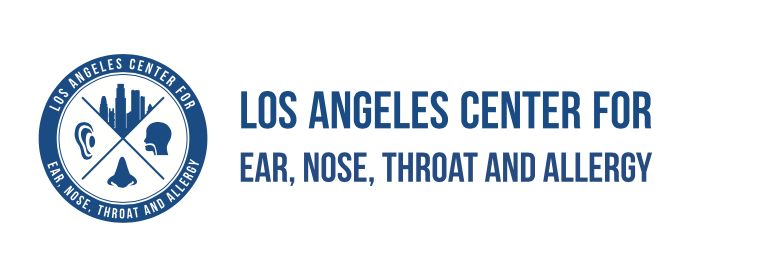
DA VINCI TRANSORAL ROBOTIC SURGERY
Da Vinci Transoral Robotic Surgery for HPV Positive Throat Cancers
Over the years, technological advancements have greatly improved the diagnosis and treatment of throat cancers. One of the latest technological advancements in the treatment of HPV positive throat cancers is Da Vinci Transoral Robotic Surgery, which uses a robotic system to perform surgical procedures through the mouth.
This technology allows for precise and accurate movements of the surgical instruments, resulting in a faster recovery time and minimal scarring. This technique uses a minimally invasive approach to treat various throat cancers, including tonsil cancer, tongue cancer, and head and neck cancer of unknown primary.
Da Vinci Transoral Robotic Surgery involves the use of a high-tech surgical robot that is controlled by a surgeon. The robot is equipped with tiny, precise instruments and a high-definition 3D camera. During the surgery, the surgeon sits at a console and controls the movements of the robot using a series of hand and foot controls.
One of the key benefits of Da Vinci Transoral Robotic Surgery is that it allows for a more precise and targeted approach to treating throat cancers. The robot’s small, flexible arms can move in ways that are impossible for human hands, allowing for greater dexterity and control. This can result in less trauma to surrounding tissue, less pain, and a faster recovery time for patients.
Another advantage of Da Vinci Transoral Robotic Surgery is that it allows for better visualization of the cancerous tissue. The high-definition 3D camera provides a clear, detailed view of the cancerous tissue, which can help the surgeon to remove it more completely and accurately.
For patients with HPV positive throat cancers, Da Vinci Transoral Robotic Surgery can be an effective treatment option. In particular, robotic assisted partial pharyngectomy can be used to remove part of the pharynx (the area at the back of the throat) that is affected by cancer, while leaving the rest of the pharynx intact.
Robotic assisted partial pharyngectomy involves the use of the Da Vinci robot to remove the affected tissue, while leaving healthy tissue in place. This technique can help to preserve speech and swallowing function, which can be affected by traditional surgery to remove the pharynx.
If you or a loved one has been diagnosed with an HPV positive throat cancer, talk to your doctor about whether Da Vinci Transoral Robotic Surgery may be an appropriate treatment option.
What are the benefits of Da Vinci Transoral Robotic Surgery?
- Avoidance of chemotherapy for the vast majority of cases
- Lowered radiation doses for the vast majority of cases
- Reduced blood loss during surgery
- Faster recovery time
- Reduced risk of infection
- Improved surgical precision
Frequently Asked Questions
Q: Is Da Vinci Transoral Robotic Surgery safe?
A: Yes, it’s considered safe for most patients. The procedure has been used in thousands of surgeries worldwide with a low rate of complications. However, as with any surgery, there is a risk of complications, including bleeding, infection, and nerve damage.
Q: How long does the surgery take?
A: The length of the surgery can vary depending on the complexity of the procedure. However, most Da Vinci Transoral Robotic Surgeries take between two and four hours to complete.
Q: What is the recovery time for Da Vinci Transoral Robotic Surgery?
A: The recovery time for Da Vinci Transoral Robotic Surgery is typically faster than traditional open surgery. Most patients can return to normal activities within one to two weeks after the procedure, although your ENT doctor may recommend a longer recovery period based on your specific condition.
Q: Will I need to stay in the hospital overnight?
A: In most cancer cases, patients need 2-3 nights in the hospital before discharge home.
Q: How do I prepare for Da Vinci Transoral Robotic Surgery?
A: Your surgeon will provide you with detailed instructions on how to prepare for your surgery. This may include fasting for a certain period of time before the procedure, stopping certain medications, and arranging for someone to drive you home after the surgery.
Q: Is Da Vinci Transoral Robotic Surgery covered by insurance?
A: It’s typically covered by most insurance plans, including Medicare and Medicaid. However, it is important to check with your insurance provider to determine your coverage and any out-of-pocket costs.
